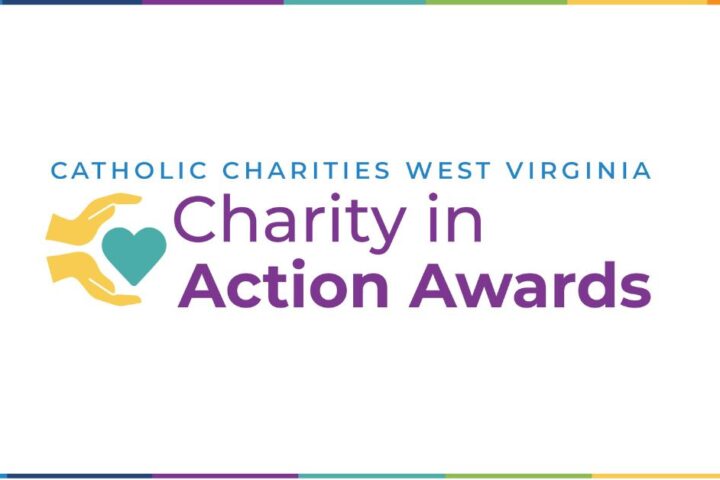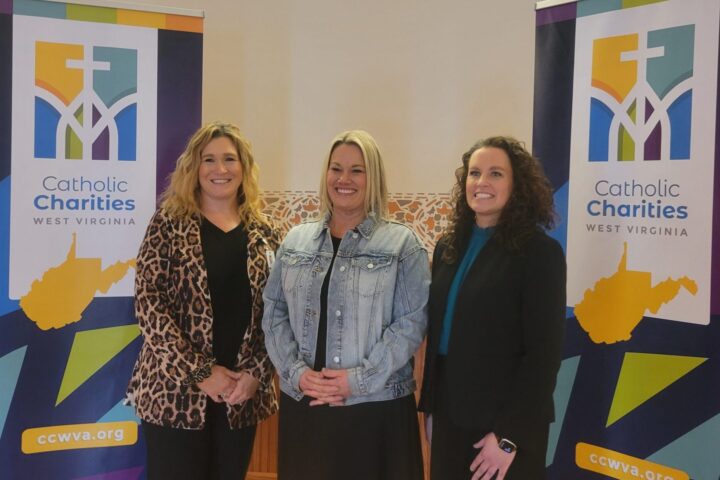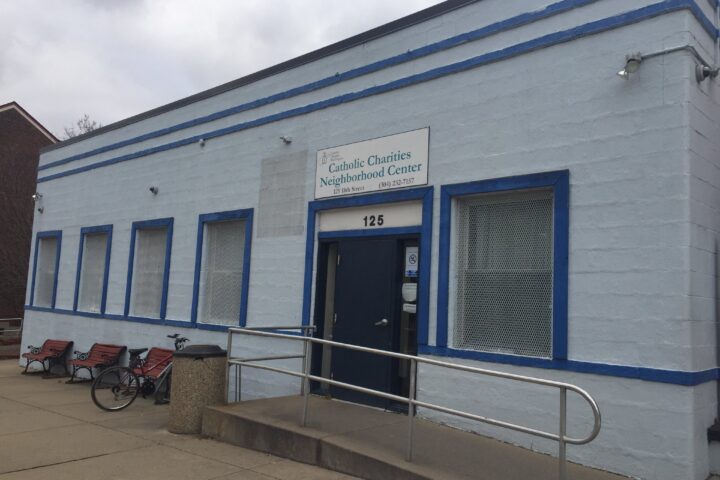The Supplemental Nutrition Assistance Program (SNAP) is a program administered by the United States Department of Agriculture (USDA) that offers nutrition assistance to individuals and families who qualify as low-income. Formerly known as food stamps, the program has a goal of helping people access nutritious food while helping them stretch their budget.

Catholic Charities West Virginia (CCWVa) is a proud recipient of grant funding from Catholic Charities USA. The funds are available through the Walmart Foundation as part of a nationwide effort to address hunger. Thanks in part to this generosity, CCWVa is able to operate a SNAP Outreach Program to educate West Virginians about SNAP and help eligible individuals and families apply for the program.
Chris Garner, CCWVa SNAP Outreach Program Director, shared the following story:
I knew Barry’s family well and I never expected to see his name cross my desk for a SNAP application. You see, Barry’s family was well to do. They were respected in their community and no one would ever have dreamed how life in a small town could change in the blink of an eye.
Barry started dabbling in drugs as a high school student. He thought smoking a little joint would be fun. He was the star of his high school basketball team and it was the cool thing to do. After graduation he went to college and became an RN. But by that time, he and his friends were trying harder and harder drugs and working in a hospital gave him plenty of access to what he craved. There was never a fix that left him feeling fulfilled or a high that could erase the problems of everyday-life long enough for him to get straight.
Life became a never ending obsession for that next buzz. Soon, Barry would lost his job and his nursing license because of his drug addiction. He rebounded quickly and became a barber but his habitual drug addiction didn’t end. His marriage failed, and his parents were left to raise the kids.
A couple of years ago Barry’s mom and older sister decided to try whatever it was that was making Barry so “carefree.” They both shot up using the same needle and both ended up in the hospital with an infection that would eventually take their lives.
Fast forward to just a few months ago when Barry found himself on life support in the same hospital where his mom and sister died. He had overdosed and was in a coma. He had finally reached rock bottom and, according to him, “when you’re at rock bottom you start remembering how good life used to be. You remember your life before drugs and it’s sad to think how you gave all of that up for a momentary high.”
Barry is now living with his father. Barry’s dad has been raising his 4 grandkids for several years now. With Barry undergoing drug addiction treatment, it helps to have someone to lean on for support and encouragement. Barry was approved for SNAP benefits, but his daily struggles are still front and center for him. He lost two respectful and rewarding careers due to his drug use and he isn’t eligible for unemployment benefits. He faces an uncertain future and the prospects of potentially never having a prosperous career again. In times past when Barry found himself worried or troubled, he would quickly turn to his drug addiction, and that relentless pull is still there. He has a strong support group though, and it helps to know that others are going through the same thing he is going through.
All of the issues surrounding COVID-19 only serve to compound the problems he faces. According to Barry, “You feel cut off from everyone! It’s like, I need to have people in my life but all I can see are masks. You can’t see emotions behind a mask. I really want to see someone smile so I can know that it’s all going to be ok. I really need that!”
Barry knows that he faces an uphill climb but his family has rallied around him to help see him through. He is thankful for the SNAP benefits and he looks forward to the day when he can once again support his family and make a positive contribution to the lives of those he loves.
Until then, Catholic Charities will be there for him.
By Katie Hinerman Klug, Marketing Communications Specialist




